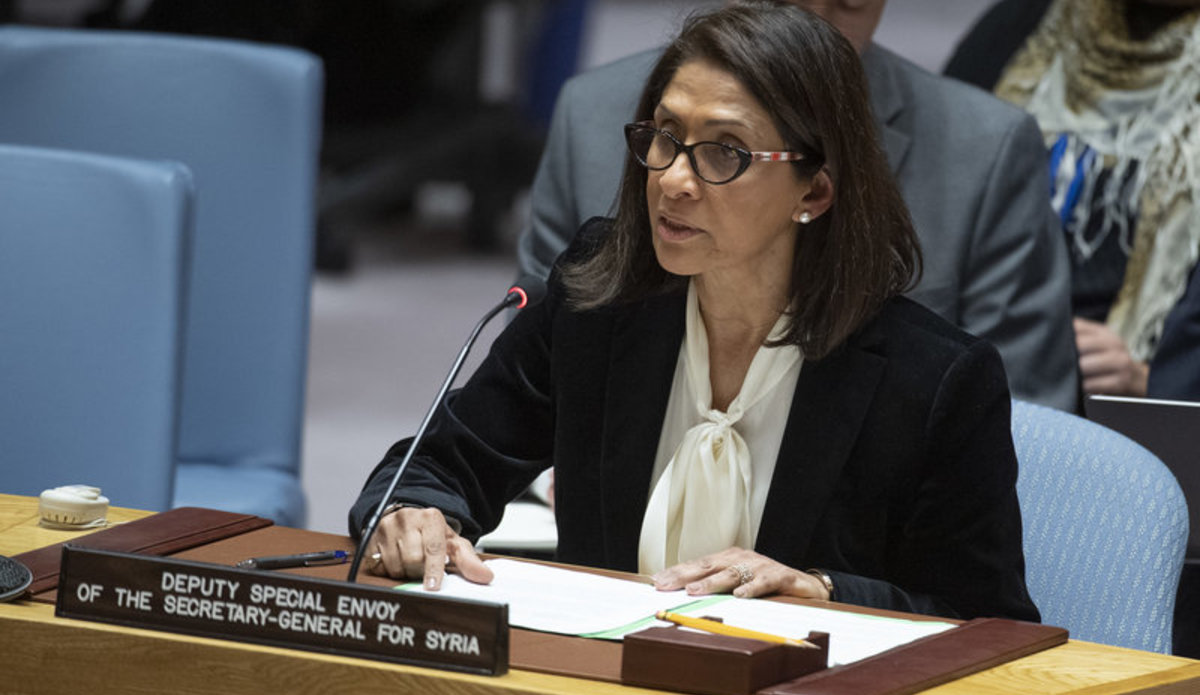Current News on Morgan Ortagus: Key Developments
Morgan Ortagus, the U.S. Deputy Special Envoy for the Middle East, has been in the spotlight recently due to her significant role in U.S.-Lebanon relations, particularly concerning the Hezbollah militant group. Here’s a comprehensive overview of the latest news surrounding her activities and statements.
Recent Meetings and Statements
Meeting with President Joseph Aoun
On February 7, 2025, Morgan Ortagus met with Lebanese President Joseph Aoun at the Baabda Palace. This meeting was pivotal as it marked her first official engagement since her appointment. During the press conference following the meeting, Ortagus emphasized that the U.S. has drawn a "red line" regarding Hezbollah's involvement in the Lebanese government. She stated that the U.S. hopes Lebanese authorities will ensure that Hezbollah does not participate in any form within the new government structure.
Clarification from Lebanese Presidency
In response to Ortagus's remarks, the Lebanese presidency issued a statement clarifying that her comments do not reflect the official stance of the Lebanese government. This indicates a potential diplomatic tension between the U.S. and Lebanon regarding the influence of Hezbollah, which is a significant player in Lebanese politics.
Hezbollah's Status
Ortagus reiterated that Hezbollah has been "defeated" in its military engagements, particularly referencing the recent conflicts with Israel. She expressed the U.S. position that Hezbollah should remain disarmed and excluded from the government, highlighting the group's military defeat as a reason for this stance. This aligns with the broader U.S. policy of countering Iranian influence in the region, as Hezbollah is backed by Iran.

Media Reactions and Public Sentiment
The reactions to Ortagus's statements have been mixed. Some Lebanese commentators, even those who oppose Hezbollah, have criticized her remarks as "imposed dictations" on Lebanese sovereignty. This reflects a broader concern among Lebanese citizens and officials about foreign interference in their domestic affairs.
Key Takeaways from the Press Conference
- Hezbollah's Exclusion: Ortagus firmly stated that Hezbollah should not be part of the Lebanese government, reinforcing the U.S. position on the group's role in Lebanese politics.
- U.S. Commitment: She assured that the U.S. remains committed to supporting Lebanon's sovereignty and stability, but this support is contingent upon the exclusion of Hezbollah from governance.
- Israeli Withdrawal: President Aoun highlighted that permanent stability in southern Lebanon is linked to the complete withdrawal of Israeli forces, which is a critical issue for Lebanon's national security.
Broader Implications
The ongoing discussions and Ortagus's firm stance on Hezbollah's exclusion from the Lebanese government have significant implications for U.S.-Lebanon relations. The U.S. aims to curb Iranian influence in the region, and Hezbollah's role is central to this strategy. The Lebanese government, on the other hand, is navigating a complex political landscape where Hezbollah holds considerable power.
Future Prospects
As the situation evolves, the U.S. will likely continue to engage with Lebanese officials to ensure that its policies align with its strategic interests in the Middle East. The upcoming weeks will be crucial in determining how Lebanon responds to U.S. pressures and how this will affect the internal political dynamics, especially with the looming formation of a new government.

Morgan Ortagus's recent activities and statements underscore the U.S. commitment to shaping the political landscape in Lebanon, particularly concerning Hezbollah. The diplomatic exchanges highlight the delicate balance Lebanon must maintain between foreign influence and its internal political realities. As developments unfold, the international community will be closely watching how these dynamics play out in the context of Middle Eastern geopolitics.
For more detailed updates, you can follow the latest news on Morgan Ortagus through various news outlets and platforms.





